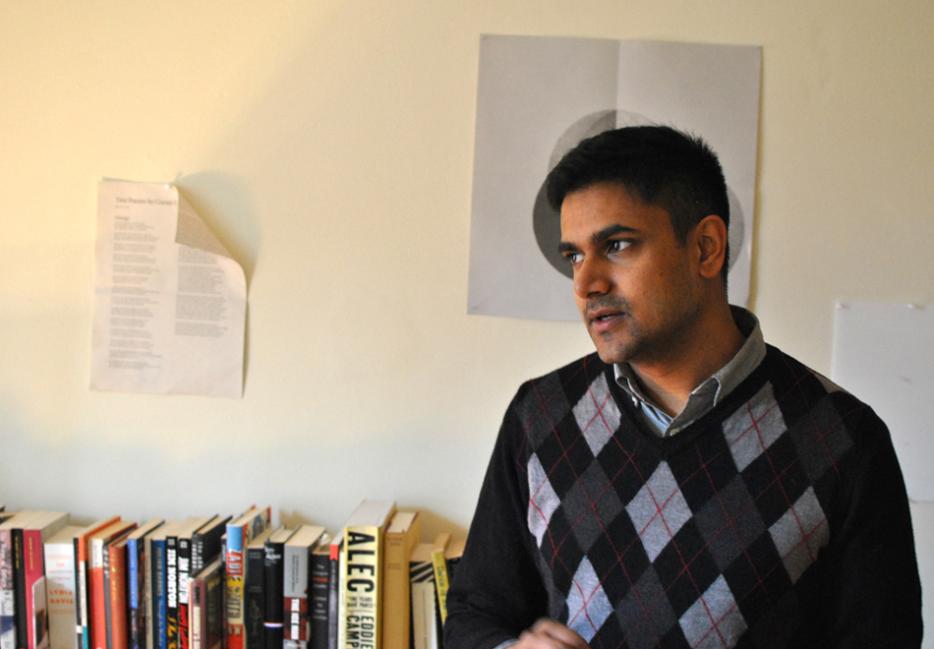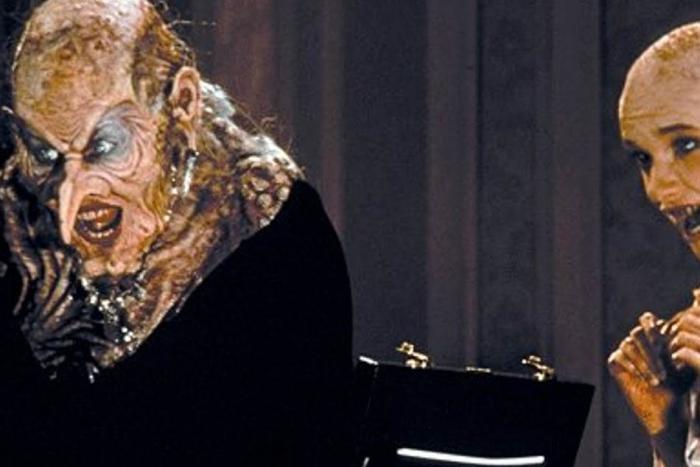Shelf Esteem is a weekly measure of the books on the shelves of writers, editors, and other word lovers, as told to Emily M. Keeler. This week’s shelf belongs to Naben Ruthnum, who was recently awarded the $10,000 Journey Prize for his short story, “Cinema Rex.” Ruthnum’s books are in his apartment in Toronto’s Parkdale neighbourhood. Before the interview, Ruthnum asked me to walk with him to a convenience store to pick up cat food for his grey tabby. It was the first cold day of the winter, and with a wry smile he mentioned that I might be disappointed with his comparatively diminutive library. I wasn’t.
A lot of my books are still in Vancouver. When I went to McGill I moved a lot of my books with me, and I had the painful experience of moving back west with them. So I decided I wouldn’t do that again until I found my forever home. So other than say, 10 books, these are all books I’ve gotten in the last year and a half. I’ve read, I think, 90 percent. So this is actually a really good, condensed look at my reading life over the last year and a bit: some Julian Barnes, some comedy.

If there’s something I’m smug about, reading-wise, it’s the diversity of my taste. I read so much stuff that might be considered trash, but it’s not trash. Most of it is really good. I’m a fast reader, and I have time. It’s good to be a fast reader, it frees you up. I started a Tumblr, Simultaneous Reads, as a testament to fast, finicky reading tendencies. Oh, are you going to take a picture? That’s great.
Shelf Esteem runs every Tuesday.





